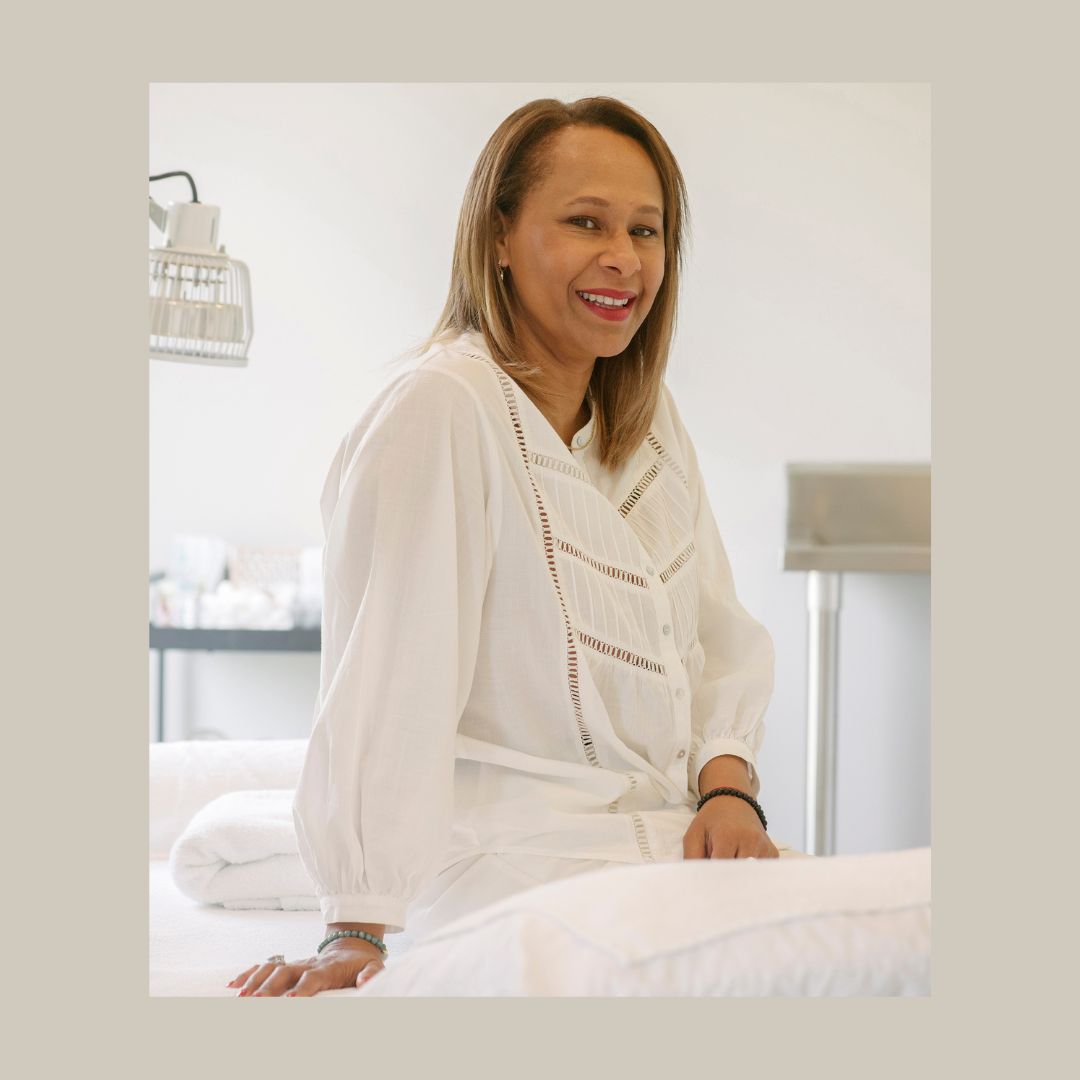

The key to a good menstrual cycle is ovulation. It is also a key factor in conception too! Interestingly enough, ovulation seems to be a bit of a unicorn to many ovary owners.
Ovulation rules hormones and in particular estrogen and progesterone. We need ovulation to make them! Otherwise, energy, mood, sex drive, metabolism, fertility, skin, hair and more are impacted. Ovulation is a symbolic marker for all bodily aspects.
Ovulation is generally a singular event occurring in a monthly cycle. An egg is released from a follicle, making it available to potential sperm for conception or to simply dissolve if not fertilised.
Typically, ovulation occurs around the middle of your cycle or about 2 weeks before your next period starts. You can see that it won’t necessarily be day 14 of your cycle as is typically taught. It could well be any time from day 10-16 before a period and, possibly outside of this range in some circumstances. Once that egg has released, and alongside dry or thick, scanty mucous, it will generally mark the end of your fertile window.
General body literacy will give you the fundamental clues for ovulation. Ultimately, your fertile phase is noted really by calculating it and/or by notable mucous. I would consider that bodily symptoms are more reliable data than an app or pee stick though they can provide fair warning of a fertile window. Ways to interpret ovulation are:
- Cervical mucous – clear, stretchy & slippery discharge. You should also feel distinctly ‘wet’ too.
- Increase of at rest body temperature which happens after you ovulate.
- Having a regular cycle which indicates hormones are being stimulated when they should be.
- Mood changes where estrogen rises. It could reflect an enhanced libido where you feel a little more ‘into’ your lover and a natural inclination to procreate and/or feeling more energetic/confident/extroverted.
Other negligible though evident signs might be bloating, pelvic discomfort, spotting, cervix position, even breast tenderness.
The attentiveness you bring to your body mid cycle helps you recognise signs of ovulation and provide a far more accurate identification then data. It also takes the stress out of knowing where you are at. Observation makes it obvious whether you are aiming for conception or preventing pregnancy. The better part of this awareness is that it pushes you to step up and take responsibility for your body too.
The alternate way of checking in on ovulation can be:
- Ovulation Predictor Kits which detect peak levels of luteinising hormone.
- Basal Body Temperature charting tracks fluctuations in your body temp. A slight rise indicates ovulation as well as the mapping of your period helps you to see patterns in your cycle.
- Blood testing or hormone measurement via urine
- Old school tracking – marking on a calendar
For reference, a period is not a definitive sign of ovulation. You can bleed but not ovulate (known as an anovulatory cycle and an entirely new blog).
Ovulation is inhibited by the oral contraceptive pill (which is its purpose). It’s designed to turn hormones off and swaps in synthetic contraceptives such as ethinylestradiol and levonorgestrel.
Inadequate calories/macronutrients will cease ovulation also. It does so as an adaptive response to preventing conception. It’s the brain figuring out that there isn’t enough food being consumed to safely reproduce a human.
Health conditions such as PCOS will also affect ovulation due to an excess of androgen hormones and other health conditions like breastfeeding, menopause impact too.
Having an awareness of ovulation is paramount whether your avoiding or aiming for conception. Here are a few ways to create this:
- Good health – correct any inflammatory issues whether that concerns intolerances to certain foods, such as dairy, a sensitivity to gluten, thyroid, menstrual & hormone issues.
- Being fully nourished with wholesome nutrient dense foods. This means quality protein, good anti-inflammatory fats, complex carbohydrates, and an abundance of plant foods. Also, eating for your constitution and not for social media trends is more health worthy just like eating enough & fuelling a body. Be cautious of fasting, juice detoxes, water fasts or other fads – are they really for you and/or creating health?
- Proactively take steps to address/reduce stress. Failing to settle a nervous system will only aid your body to move towards preventing conception, impacting hormones or mucking up a menstrual cycle.
- Take the right supplements and herbs for you. Utilise real practitioners for advise not iHerb. A practitioner only product is superior in quality and therapeutics.
- Sleep hygiene should be consistent and a non-negotiable – screen free bedroom, ventilation (no fans/excessive heating), the right bedding, a relaxed space (mood lighting, clutter & dust free).
Ovulation takes consistency, patience and practice to observe and recognise. Whether conceiving or protecting, getting to know how your body works is an indispensable and honestly, it is quite easy to do. For any of you that are unsure and need a little more guidance with ovulation, reach out.
Dr Nicole is available for free 15 minute Discovery phonecalls and is in clinic TUE 3-7pm + FRI 10-2pm
